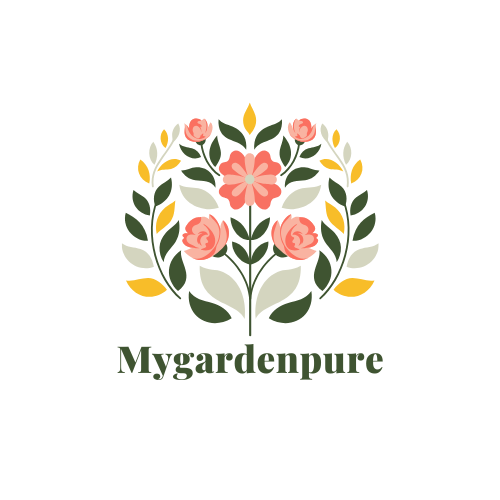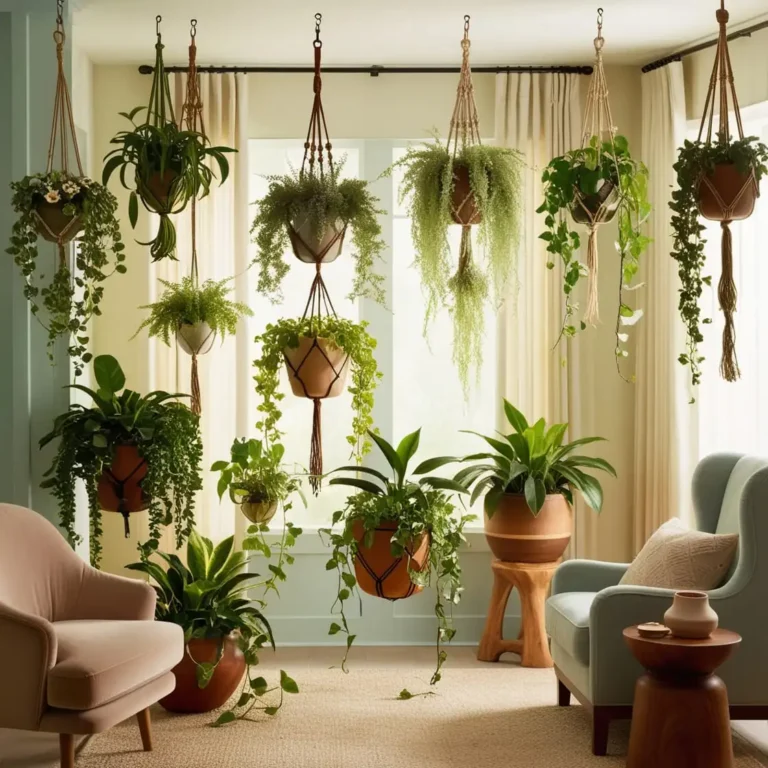10 Stunning Hanging Plants for Indoor Gardens
Discover the 10 best hanging plants for indoor spaces! These low-maintenance plants add greenery and beauty to your home, perfect for brightening up small or large rooms. Learn care tips and how to choose the right plant for your style.
Table of Contents
Introduction
Hanging plants are an excellent choice for adding greenery and style to your indoor garden. Not only do they save space, but they also create a beautiful visual display by bringing nature into your home at eye level or above. This article will explore the best plants for indoor spaces and explain how to care for them so they thrive in any room.

What Are Hanging Plants?
2.1 Why Choose Hanging Plants?
these plants are perfect for small spaces, allowing you to enjoy nature without taking up valuable floor space. They also add dimension and depth to your room design by drawing the eye upward.
2.2 Benefits of Hanging Plants for Indoor Spaces
- Space-saving: Perfect for apartments or rooms with limited floor space.
- Air purification: Many indoor pendent plants help clean the air, creating a healthier environment.
- Low-maintenance: Several plants require minimal care, making them ideal for busy lifestyles.
Top 10 Hanging Plants for Indoor Gardens
3.1 Boston Fern
Boston ferns are known for their lush, feathery fronds. They thrive in humid environments and need bright, indirect light.
3.2 Spider Plant
Easy to care for and hard to kill, the spider plant grows in low to moderate light and produces small plantlets that can be repotted.
3.3 Pothos
A favorite for beginners, pothos can tolerate low light and irregular watering, making it perfect for forgetful gardeners.
3.4 English Ivy
English ivy is a versatile plant that grows well in hanging baskets. It prefers cool, shady areas and regular misting.
3.5 String of Pearls
This unique succulent has bead-like leaves that spill over the edges of hanging pots. It requires bright light and minimal watering.
3.6 Maidenhair Fern
Maidenhair ferns add elegance to any room with their delicate, fan-shaped leaves. They love high humidity and indirect light.
3.7 Heartleaf Philodendron
With its heart-shaped leaves, this trailing plant is perfect for hanging baskets. It thrives in low to medium light and is easy to care for.
3.8 Hoya
Also known as wax plants, hoyas have thick, glossy leaves and often produce clusters of fragrant flowers. They prefer bright, indirect light.
3.9 Burro’s Tail
A type of succulent, burro’s tail has long, trailing stems with plump leaves. It does well in bright light but requires minimal water.
3.10 Air Plants
Air plants don’t need soil to grow and can be displayed in hanging holders or mounted on walls. They require bright light and occasional misting.
How to Care for Hanging Plants
4.1 Choosing the Right Light Conditions
Each plant has specific light needs. For example, spider plants and pothos do well in low light, while succulents like the string of pearls need bright, direct light. Ensure you place your plants in appropriate spots to keep them healthy.
4.2 Watering and Humidity Requirements
Overwatering is a common issue with hanging plants. Ensure proper drainage and only water when the top inch of soil is dry. Some plants, like ferns, require higher humidity, so consider misting them or using a humidifier.
Conclusion
Hanging plants are a wonderful way to introduce greenery into your home while maximizing space. With the right care, they can thrive and bring beauty to your indoor garden. Start exploring the world of indoor plants today, and don’t forget to check out more of our gardening tips on MyGardenPure.com!

